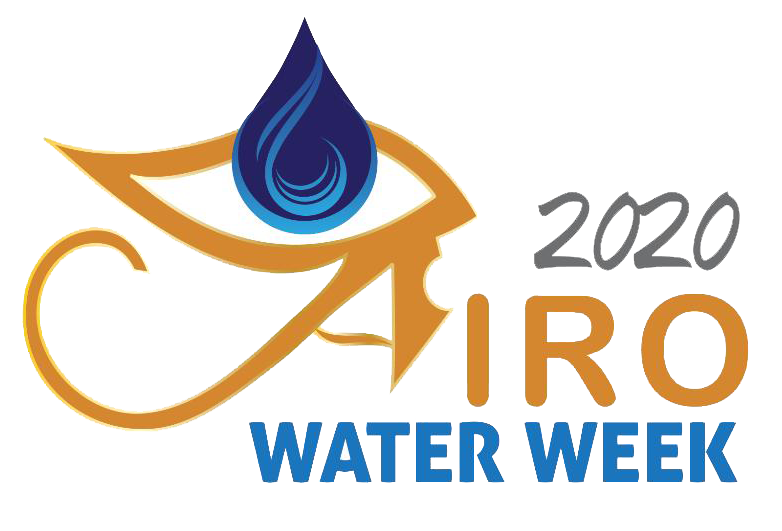ICIWaRM and Sister Category 2 Centers Organize Transboundary Cooperation Session at Cairo Water Week
ICIWaRM and four of its sister UNESCO Category 2 Centers, along with UNESCO’s Intergovernmental Hydrological Programme (IHP), organized a session titled “Transboundary cooperation for improved data sharing, flood and drought mitigation, and river basin management” at the Third Cairo Water Week, held 18-22 October 2020. About 80 people participated virtually. ICIWaRM presented on “Tools and approaches for transboundary water management developed with UNESCO’s drylands water program G-WADI”. ICIWaRM is the Global Technical Secretariat of G-WADI.

The principal organizer of the session was the International Centre for Water Cooperation (ICWC; Sweden). The other participating UNESCO-affiliated centers were the International Centre for Water Resources and Global Change (ICWRGC; Germany), the Institute for Water Education (IHE Delft; The Netherlands), the International Centre for Water Hazard and Risk Management (ICHARM; Japan) and ICIWaRM. IHP Secretary a.i. Abou Amani gave the introductory remarks and IHP Programme Specialist Anil Mishra led the discussion.
The different centers focused on various aspects of transboundary water cooperation. Harald Koethe of ICWRGC spoke on the importance of data availability and sharing on a river basin scale for mitigation of floods and droughts. Eddy Moors and Zaki Shubber of IHE Delft examined the legal aspects and constraints on sharing these hydro-meteorological data and information in a transboundary context. Toshio Koike of ICHARM discussed an ongoing transboundary flood and drought management program in the Volta and Niger River Basins. And Will Logan of ICIWaRM summarized applications of satellite-driven tools such as iRain, RainSphere, and the African Flood and Drought Monitor, as well as bottom-up water management tools such as Climate Risk-Informed Decision Analysis, or CRIDA.
Overall, the session demonstrated the strength of combined efforts of UNESCO Category 2 centers with UNESCO IHP and UNESCO’s regional offices.
